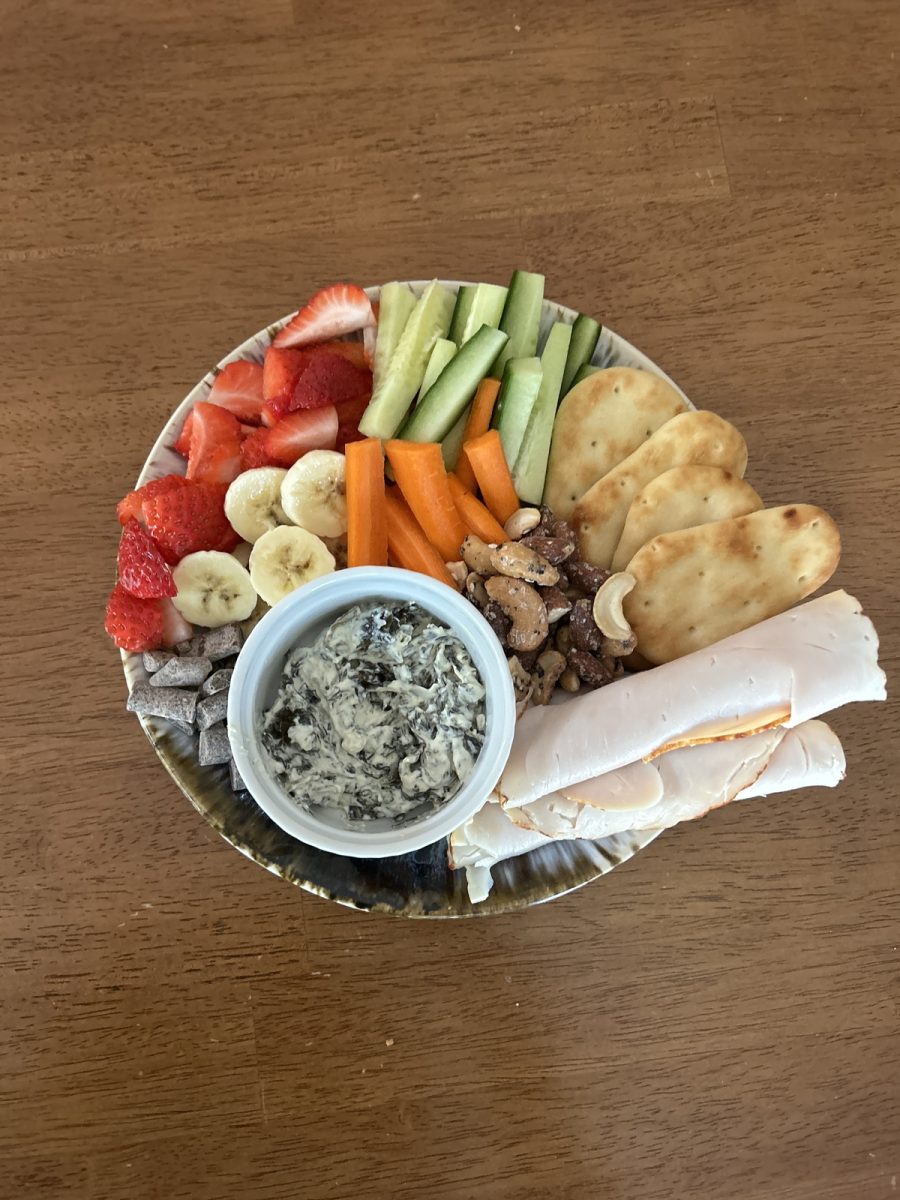Social media has become obsessed with giving everything a name. The slicked-back hairstyle is swapped out for a “clean girl,” a bronzer heavy makeup look deemed “latte makeup” or clear, acne free skin becomes known as a “glazed donut.” For the most part, this tendency is harmless. In fact, it can be a fun, easy way to spice up the mundane, everyday parts of our lives. But, the danger comes when trends attribute a certain habit or action to a specific group, reinforcing false notions that are already so widespread.
Videos sharing “girl dinner”— random food combinations put together to make a meal—and “girl math”—an irrational way of justifying spending more money —have taken the Internet by storm. As frivolous and seemingly innocent as these trends are, they demonstrate the way that social media quietly supports flawed stereotypes of women.
In reality, “girl math” is complicated equations, groundbreaking mathematical discoveries and intricate economics problems. “Girl math” is the work of famous female scientists and mathematicians like Marie Curie and Rosalind Franklin. It shouldn’t imply that girls do not understand how to use money and constantly act frivolously with it, like videos saying a ticket is “free” on the day of the concert since it was paid for so long ago.
Of course, all of us—men, women and nonbinary people—think about money in frivolous ways sometimes. When I go to the store to return a pair of jeans I bought weeks ago, it does feel like I’m making money rather than getting the money I spent back. When I buy something with cash, it does feel like less of a hit to my bank account than if I pay with a credit card. But, that’s not because of my gender and in reality, I know those things aren’t true.
It is harmful to equate financial irresponsibility and lack of mathematical understanding with girls. It reinforces the stereotype that women do not know how to handle money. For decades, STEM subjects (including math) have been geared toward boys. In 2023, we should not continue to play into this idea, even with something as seemingly insignificant as our social media trends.
“Girl dinner” could easily have been called “lazy dinner,” “snack dinner” or something named with the creativity that can only be attributed to TikTok. By branding it as “girl dinner,” something only or mostly for women, it strengthens the idea that eating unfulfilling, miscellaneous meals is an intrinsically female thing to do. Subconsciously, it normalizes the idea that a single tortilla chip and a pickle constitute a dinner and makes it seem like that is something most girls do.
The idea of the trend—putting together a handful of things from the fridge and the pantry to make an easy, quick, filling meal that doesn’t require much cooking or thought—is great. In fact, it contradicts some of the arbitrarily high standards of what a meal should look like. However, in the extreme, when “girl dinner” plates start to look more and more empty, it dangerously conflates disordered eating with the female experience.
Of course, these are only TikTok trends. But, the trends we watch over and over again may soon trickle down into our off-screen lives. Because of this, it is important to be conscious of the media we consume and the way we think about the trends we are seeing. They become a part of our everyday vernacular and contribute to the way we talk to our friends and family. Eventually, they can even change our own thoughts.
Being a woman means eating enough food to make you full, being responsible with our money and making smart, important decisions about life. Don’t let the trends fool you into thinking otherwise.





